Amazing India Trip Notes
Trip Overview
PrintEmbark on a regal expedition across the cultural heartland of India, where tales of valor, opulent palaces, and breathtaking landscapes come to life. The 15-day Amazing India tour invites you to traverse the resplendent cities of India from New Delhi to Agra and Gurgaon, unveiling the unparalleled beauty and majesty of this magnificent country. New Delhi sets the stage for your journey, a bustling metropolis blending ancient heritage with modern dynamism. Explore the Red Fort’s architectural grandeur, witness India Gate’s stately charm, and embrace the spirituality of Jama Masjid. Udaipur, the ‘City of Lakes,’ enchants with its ethereal palaces, including the Lake Palace and City Palace, epitomizing the grandeur of Rajasthan’s royalty. In the spiritual town of Pushkar, immerse yourself in age-old traditions, experience the vibrant Pushkar Camel Fair, and visit the sacred Brahma Temple. Conclude your journey in Gurgaon, a modern hub that seamlessly merges tradition with innovation, offering a cosmopolitan experience. This extraordinary India expedition promises an unforgettable experience, where each destination reveals a different facet of India’s mesmerizing heritage and beauty.
Duration : 15 Days
Destination : India
Start/Ends in : Delhi / Delhi
Group Size : 13-35 People
Age Req. : 18+
Trip Theme : In-Depth Explorer, Overland
Hotels : 4 & 3 Star
Departs : All Year Round
Why you will love this tour
- * Indulge in a royal escapade through India’s cultural heartland on the captivating 15-day tour, where the allure of valor, opulence, and captivating landscapes unfolds before you.
- * Stay in carefully selected 4-star hotels with breakfasts and airport transfers included. Plus, travel in the comfort of a private, air-conditioned coach with a local, experienced guide throughout your trip.
- * From the vibrant streets of New Delhi to the historic marvels of Agra and Gurgaon, the Amazing India tour is an enchanting voyage that unveils the splendor and majesty of this incredible nation.
- * New Delhi’s vibrant energy and fusion of ancient heritage with modern vibrancy create an enthralling starting point. Traverse the architectural magnificence of the Red Fort, absorb the grandeur of India Gate, and feel the spiritual embrace of Jama Masjid.
- * The ‘City of Lakes,’ Udaipur, weaves a spell with its dreamlike palaces such as the Lake Palace and City Palace, embodying Rajasthan’s regal elegance.
- * Immerse yourself in timeless traditions in the spiritual enclave of Pushkar, where the vivacious Pushkar Camel Fair and the revered Brahma Temple await.
Arrival Details
The group welcome meeting with your guide and other travelers is held around 18:30 at the hotel lobby on Day 1 of your tour unless otherwise notified.
Meeting and Finishing Point:
The meeting point for the tour is :
Park Plaza Delhi CBD Shahdara- Delhi
Address: Plot 32, Central Business Dist, Shahdara, Delhi, 110095, India
Phone : +91 11 4563 0000
Emergency Number: +44 203 14 99 200
Airport Transfers
Arrival airport transfer is included for the flights landing to Delhi on the first day of your tour from 5am to 11:30pm or if you have booked your Pre Accommodation with us. You will be picked up by a Travel Talk representative holding a Travel Talk sign at the airport. Departure airport transfer is only available on the last day of the tour between 05:00 and 17:00.
To arrange your airport transfer please email us the following information at least 2 weeks before your departure date. [email protected]
Making Your Own Way to the Starting Point
The arrival hotel is 25 km away from the Delhi Airport (DEL). It takes about 25 min. – 30 min. by taxi. You can take a taxi from the airport directly to the hotel, which is expected to cost around USD 10-15.
Highlights
Agra: Agra is the city of the Taj Mahal and has three UNESCO World Heritage sites; the Taj Mahal, the Agra Fort in the city, and Fatehpur Sikri.
Hella: Hella is a picturesque little town that sits tucked between Selfoss and Hvolsvollur along the famous Ring Road in southern Iceland.
Delhi: Delhi, city and national capital of India. The city of Delhi actually consists of two components, Old Delhi, in the north, the historic city; and New Delhi, in the south.
Jaipur: The capital and largest city of the Indian state of Rajasthan.Located 260 km from New Delhi and forms a part of the Golden Triangle tourist circuit along with Agra .
Pushkar: A charming and sacred town nestled in the heart of Rajasthan, India, renowned for its vibrant cultural tapestry, breathtaking desert landscapes, and the revered Pushkar Lake, which holds great spiritual significance for pilgrims and travelers alike.
Jodhpur: Often referred to as the “Blue City” due to its azure-hued buildings, Jodhpur is a captivating metropolis in the northwestern Indian state of Rajasthan, renowned for its majestic forts, rich history, and bustling markets.
Deogarh: Deogarh, a picturesque town located in the royal state of Rajasthan, India, captivates visitors with its tranquil lakes, historic forts, and a glimpse into the region’s regal heritage.
Itinerary
Please note that the itinerary may be subject to small changes depending on the conditions during the tour. Alternative accommodation of similar standards may be used depending on the group size and hotel availability.
Inclusions & Exclusions
The tour price covers the following services:
Accomodation : 4 star hotels and overnight sleeper train
Airport Transfer : Arrival and Departure transfers on first and last day of the trip
Meals : 14 breakfasts, drinking water supply in vehicle
Transportation : A/C coach or mini-bus, Jeep ride at Amber Fort, rickshaw ride in Delhi
Guide : Services of experienced Travel Talk local guides licensed by the Ministry of Tourism, guided hike to Grabrok volcano crater
Sightseeing : Red Fort, Qutab Minar, Humayun’s Tomb, Amber Fort, City Palace, Hawa Mahal, Galta Temple, Fatehpur Sikri, Taj Mahal, Agra Fort, Bharat Mata Temple, Tulsi Manas Temple, Kashi Vishwanath Temple, Khajuraho Temples, Fort Complex, Sarnath
What is NOT included in the tour price?
- Any flights not mentioned above
- Travel insurance
- Meals not stated above
- Items of a personal nature
- Tips & gestures
- Entrance fees to the sights and museums
- Optional activities
- Other services not stated in the itinerary
Hotels & Accommodation
Please find below the 4 Star hotels used on our India trips. All accommodation is carefully hand-selected to satisfy our standards in terms of quality, authenticity and location for you to enjoy a comfortable and unforgettable holiday.
Park Plaza Delhi CBD Shahdara – DELHI – 4 STAR
Park Plaza Delhi CBD Shahdara Delhi is a luxurious and contemporary hotel that offers a perfect blend of modern amenities and warm hospitality in the heart of Delhi.
HOWARD PLAZA HOTEL -AGRA – 4 STAR
Howard Plaza is 4-star hotel. The Taj Mahal is 700 m away from hotel and 10 minute drive from hotel to Delhi Gate and Ramnagar.
The Sher Garh Resort – Ranthambore – 4 STAR
The Sher Garh Resort is a stunning and immersive wildlife retreat that provides a unique opportunity to experience the beauty of nature while enjoying top-notch accommodations and personalized services.
The Fern Residency – Jaipur- 4 STAR
The Fern Residency in Jaipur exemplifies a harmonious blend of eco-friendly practices and upscale comfort, providing a delightful stay for guests in the vibrant city of Jaipur.
Clarks Safari – Pushkar – 5 STAR
Clarks Safari Pushkar is a luxurious hotel known for its exquisite accommodations and serene surroundings, offering guests a tranquil retreat near the famous Pushkar Lake.
Red Fox Hotel Sector 60 – Gurgaon – 4 STAR
Red Fox Hotel Sector 60 Gurgaon stands out as a contemporary and vibrant accommodation choice, catering to both business and leisure travelers with its convenient location and modern amenities.
The Fern Residency – Jodhpur – 5 STAR
The Fern Residency Jodhpur is a 4-star hotel that combines modern comfort with traditional elegance, providing guests with a memorable stay in the historic city of Jodhpur.
Deogarh Mahal – Deogarh – 4 STAR
Deogarh Mahal stands as a captivating heritage hotel in Rajasthan, showcasing the grandeur of Rajput architecture and offering a glimpse into the region’s rich history and regal charm.
The Fern Residency Udaipur – Udaipur – 4 STAR
The Fern Residency Udaipur is a contemporary hotel nestled in the heart of Udaipur, known for its warm hospitality and convenient access to the city’s cultural attractions and scenic beauty.
Distances
Please find below the distances between the sites visited in India and the approximate driving times. We will always strive to take a short break every few hours to enable passengers to stretch their legs, purchase snacks and use wash facilities during long drives.
– Delhi to Jaipur: 280 km – 4 hr 45 min
– Jaipur to Agra: 235 km – 4 hr 30 min
– Agra to Delhi: 220 km – 3 hr
– Agra to Varanasi: Overnight train ~ 11 hr
– Varansi to Khajuraho: Overnight train ~ 10 hr
– Khajuraho to Orchha: 195 km – 4 hr 40 min
– Orccha to Delhi: Day train ~ 12 hr
Budgeting
Please note that entrance fees to sights and optional activities are not included in the tour price.
Entrance Fees
Humayun’s Tomb — USD 8
Qutab Minar — USD 8
Red Fort — USD 8
Jantar Mantar — USD 3
Amber Fort — USD 8
City Palace — USD 8
Hawa Mahal — USD 3
Agra Fort — USD 8
Taj Mahal — USD 23
Sikandra — USD 3
Personal Spending
Here you will find the average cost for a meal or drink and advice for best practice in tipping.
Meals
Lunch at restaurant — US$ 4-7
Dinner at restaurant — US$ 8-10
Tali — US$ 1-2
Drinks
Bottle of water — US$ 0.5
Coffee — US$ 1-2
Bottle of beer — US$ 2-3
Tipping
Tips are a common reward for service staff in India. Your tour guide and crew will be especially appreciative and honored with this kind of traditional gratitude at the end of your tour.
Shopping
India is a shopper’s haven with fantastic quality products that come with a small price tag meaning that you’ll score plenty of bargains. You’ll find anything from jewellery to ceramics, clothes to tea and metal work to linen. The country has plenty of shops that come in the forms of markets, boutiques, bazaars and modern malls where you’re bound to find the perfect souvenirs.
Essential Information: India
All internal flight in India 15kg checked bag +7kg carry on.
Passport & Visas
Most travellers require a tourist visa for entry into India, which must be obtained online at least 4 days prior to arrival in India. Passport holders of Australia, New Zealand, United Kingdom, America and Canada can benefit from India’s e-visa online service. This service enables visitors to pay for their visa prior to arrival. For information about the e-Tourist Visa and to apply, https://indianvisaonline.gov.in/evisa/.
Passport validity entry requirements: Travellers entering India must also carry a passport or travel document valid for at least 6 months from your arrival date. The passport must also have two blank pages for stamping by immigration officers
This information is provided only as a guidance, we strongly advise that you check with the consulate or embassy as this information can change at any time and with little notice. It is your responsibility to make sure that all the required travel documents are ready when travelling.
Travel Advice
We are closely monitoring the latest travel updates to India and follow the advice of the UK Foreign Office (FCDO). For the latest travel advice from the UK Foreign, Commonwealth & Development Office, please visit https://www.gov.uk/foreign-travel-advice/india
We recommend all travellers to check their Government National Travel Advisory prior to their departure:
Australia – https://www.smartraveller.gov.au/
Canada – https://travel.gc.ca/
New Zealand – https://www.safetravel.govt.nz/
USA – https://travel.state.gov/
Travel Insurance
All passengers travelling with Travel Talk are required to have personal travel insurance before participating in any of our tours. Your guide will collect your travel insurance details on the first day of your trip. It is your responsibility to make sure you have an adequate and suitable travel insurance for you in place, you may read more at https://www.traveltalktours.com/travel-insurance
Health & Safety
The health and safety of our passengers, staff and communities visited is of utmost priority. As we monitor and comply with the official advice from the UK Foreign Office, as well as World Health Organization and government authorities regularly, we have implemented several policies and precautions on our tours for your wellbeing. You may find our Safe Travels Protocols at https://www.traveltalktours.com/safe-travels
Travel Talk Adventures has received the Safe Travels stamp by the World Travel and Tourism Council (WTTC), which allows travellers to recognise companies around the world that have adopted health and hygiene global standardised protocols – so consumers canexperience ‘Safe Travels’.
Please make sure to regularly check your Government’s travel advice before travelling and be well-informed of any requirements. Your tour guide will also notify you of the regulations and protocols to follow throughout your trip with us.
Please note that if any traveller is unable to complete the itinerary or possess a potential risk to themselves and/or the rest of the group, we reserve the right to remove them from all or part of a trip.
Please consult with your doctor for the latest medical travel information and any vaccinations you may need. We recommend that you bring any personal medical requirements and medications with you as these may be difficult to obtain while on tour.
Weather
India’s climate is generally defined by three seasons; the hot, the wet (monsoon) and the cool. However, the climatic conditions in the far North of India have little relation to those in the South. The most pleasant time to visit India is between October and March, when the weather is most likely to be warm, dry and sunny. The weather in India varies depending on the region. The far north of India is most accessible between June and September, when the rest of the country experiences monsoon season. While the best time to visit India’s southern states is from November onward, once the monsoon season has ended. By November and December, the rains begin to ease and temperatures are cool enough for sightseeing, but warm enough for relaxing on the beach. December marks the beginning of peak season, when the crowds begin to arrive, so November may be a good bet for a more relaxed holiday.
Check out our weather guide for the best time to visit India.
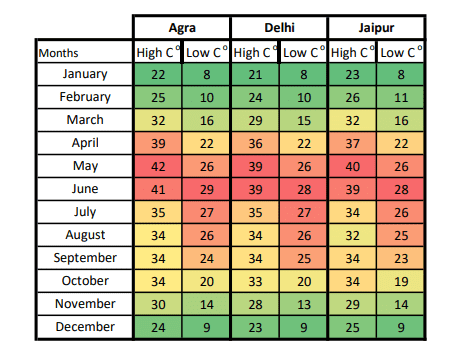
Money Matters
The official currency of India is the Indian Rupee (INR or ₹). The currency can be divided into 100paise (p). Banknotes are available in the denominations of 5, 10, 20, 50, 100, 500 and 1,000 and Rupee coins come in 1, 2, 5, 100 and 1,000. Major credit and debit cards can be used in large-scale hotels, shopping malls or higher-end establishments. However, the most convenient and cheapest method is cash, which can be obtained via ATMs located in most major towns. Please note that foreign currency notes that are old, torn or faded can be difficult to exchange. If looking to exchange foreign currency, Travel Talk recommends you do not exchange bulk sums of money at the airport, as the exchange rates are usually more favourable in the major cities. Your tour leader will be happy to help if you need any assistance.
Please remember that everyone has different spending habits, some prefer to spend more on souvenirs, some on experiences and others on a night out! Make sure to budget your trip to your spending habits for shopping, drinking, and tipping.
While tipping in India isn’t necessarily a cultural tradition, it can be expected at touristic sites and is an appropriate way to recognise great service while travelling. Rounding up your bill or leaving a small tip is a small gesture that is greatly appreciated across the country. In restaurants, a 10% service charge is often included in the bill, so it’s best to check whether or not it’s been added. For street food, no tipping is required. For local taxi or TukTuk, we recommend rounding your bill to the nearest ₹10 or ₹20. Your local guide and driver would also appreciate tipping as a sign of your gratuity for their service.
Eating & Drinking
Indian food has a richly deserved reputation as one of the world’s great cuisines. Many of the spices we now take for granted – pepper, cardamom and turmeric – hail from India’s plains and jungles. Rice is the foundation of Indian cooking with many kinds of bread from flat chapattis to roasted naan. Travellers visiting India have become familiar with the term ‘Delhi Belly’, used to describe an upset stomach while travelling India. If you are not a big spice eater, Travel Talk recommends going easy on spices for the first few days as you become accustomed to the effects they can have on your body. For this reason, we also recommend avoiding road stalls, unless ordering from a renowned ‘Dhabas’ (a small, generally roadside shop) or other vendors recommended by your local guide. Eating out in India is not very expensive however searching for unique and authentic dishes can often be overwhelming if you’re not a local, so here’s a few must-try dishes to get you started in India.
Masala Dosa: A crispy crepe stuffed with spiced potato mash potatoes, this dish is generally served with coconut chutney and sambar (a form of lentil).
Bhelpuri: Made with puffed rice, tomatoes, peanuts, green chillies and a tangy tamarind sauce, this savoury dish is a classic street food sold everywhere across India. It can be eaten directly or served in flatbreads.
Butter Chicken: Originally from Delhi, this dish is iconic to Indian cuisine. The curry sauce is made of tomatoes, butter and cream while the chicken is marinated overnight with yogurt, ginger, garlic paste and red chilli powder. The name comes from the chunk of butter that goes into the sauce, making for a mouthwatering explosion of flavour.
Tandoori Chicken: Marinated in a spicy yogurt marinade, the chicken in this famous Indian dish is roasted in a cylindrical clay oven. The sauce is seasoned with spices and other aromatic inclusions such as bay leaves, cloves and cinnamon.
Dal Tadka: A very popular dish that was originally made with burnt charcoal to give it a smoky flavour. Dal Tadka consists of cooked lentils which are tempered with oil, fried spices and herbs.
Rogan Josh: An aromatic lamb curry made with an array of spices, tomatoes, ginger and garlic.
Samosa: Popular snack in India served at tea time or at street food vendors. Samosas are fried or baked triangular pastry packages made from potato stuffing containing onions and peas. The snack is frequently served with mint or tomato chutney.
Chaats: This savoury snack is a mainstay of Indian street food, originating from North India. The original Chaat is a mixture of potato pieces, crisp fried bread, chickpea and tangy-salty spices.
Kulfi: A traditional Indian ice cream made from slowly simmered whole milk to create a delicious nutty, caramelized flavour. Kulfi is usually flavoured with traditional Indian ingredients such as rose water, saffron or pistachio.
There are wide selections of popular drinks in India that are both unique and refreshing. According to Indian ethnic culture, there are only a few alcoholic, traditional drinks that are prepared with locally available ingredients. Indian beverages are often referred to as sherbets and are non-alcoholic, prepared to combat the heat of the sultry Indian summer. Some of these drinks include Aam Panna, Jal Jeera, Thandai, Lassi, Chhanch and Nimbu Paani. In the winter, warmer drinks like tea and filtered coffee are more standard. Tea and Chai tea is exceptionally popular and the most common form of drink in India, especially in the northern
Essentials to Bring & Internet
-Face mask/cover and hand sanitiser enough for your personal use throughout the trip – See more at https://www.traveltalktours.com/safe-travels/
-Travel Documents: Passport, Visa (if required), flight or transport ticket (and photocopies)
-Travel Talk Tour Voucher (printed or digital)Travel Insurance Policy (and photocopy)
-Personal medical kit and medicine
-Money (cash, credit card, travellers’ cheques)
-Power Adapter
-Reusable water bottle
-Ear plugs and eye mask
-Sun protection – hat, sunglasses, sunscreen
-Comfortable, closed walking shoes
-Wind/water proof jacket
-Warm clothes, hat, and gloves for cold weather
-Sandals, swimwear, shorts for warm weather
Internet Access
Internet access is good across India and many cafes, hotels and restaurants in cities of India provide free WiFi, but the connection may be spotty or slow. India has a relatively widespread communication infrastructure and internet usage in major cities. WiFi coverage may be limited in remote areas. If you wish to use your own 3G/4G Data, be sure to enable data roaming on your mobile. Purchasing a Indian SIM card for the duration of your tour may be a cost-effective alternative. Make sure that your phone is unlocked before you leave home so a local SIM will be compatible. Your local guide will be able to provide advice on where to purchase data SIMs in India.
Culture and Traditions
With over 1.3 billion people speaking over 122 languages across 28 states and seven territories, it’s difficult to describe one unified culture or tradition for India. Put simply, the culture and traditions of the nation can vary quite substantially from city to city. However, India’s culture is among the world’s oldest with civilization beginning about 4,500 years ago. Today, India is a very diverse country and sees a large number of festivals and cultural traditions across the calendar year, mainly because of the prevalence of diverse religions and groups. Some of the nation’s largest festivals include Holi (Festival of Colour), Diwali (Festival of Lights) and Gujarat Kite Festival. The concept of arranged marriage in India traces its origin to as early as the Vedic times, and still remains an integral part of ‘Indian Traditions’. In many parts of India, it is common to find three or four generations living together. The concept of family extends beyond the typical nuclear unit
to encompass the wider family circle. These multigenerational families are sometimes essential to providing economic security to an individual, through work opportunities for example. However, the growth of urbanisation and migration has seen younger generations challenging these perceptions and traditions, with family networks spreading further across regions and occupations.
Religion, Etiquette, and How to Dress
While travelling to other nations as a foreigner, it is important to understand the traditions, cultures and religious beliefs of the populations and regions you visit. India is known for its vast diversity of religious beliefs in practices throughout the country, and is the home to four of the world’s major religions, Hinduism, Buddhism, Jainism, and Sikhism. While the majority of the population is Hindu, a considerable minority follows Islam. While your guide will be able to provide further knowledge about these throughout your tour, here are a few important notes to remember.
It is common to remove your shoes as a sign or respect before entering a temple and indeed before entering into someone’s home. Temperatures can soar past 35 degrees celsius in India, but it’s not appropriate to walk around in skimpy clothing. Travel Talk strongly recommends all visitors dress respectfully while in India with shorts or skirts that cover past the knee and shirts or blouses which cover the shoulders and chest region. Try to appear friendly and be open to have authentic interactions with the locals, though it’s always smart to keep your valuables safe and covered while travelling.
Solo Travellers
We have many solo travellers joining our tours. Solo travellers will be roomed with another traveller of the same gender. If you would like a private solo room, please contact us. You may see out solo travels page for more details.
Rules to Follow
We are committed to ensuring a safe and enjoyable experience for everyone. We do not tolerate any form of violence (physical or verbal), bullying or harassment involving customers, partners, Travel Talk staff or locals. Sexual relationships between a tour leader and a passenger are forbidden.
We will not tolerate any illegal activity, including but not limited to: use and possession of illegal drugs, trespassing, and disrupting public order. If you consume alcohol, please ensure that you drink responsibly and follow the local laws and regulations.
You must follow the advice of your tour leader and local officials regarding health and safety measures. We operate all tours under Safe Travels protocols for the wellbeing of our passengers, staff and communities visited. Please ensure that you have read the https://www.traveltalktours.com/safe-travels/ and are fully prepared for your trip.
If someone is acting inappropriately regarding these matters, please notify your tour leader immediately or contact us on the emergency contact number provided below.
Your tour leader has the right to remove from the group anyone not abiding by these rules, with no right of compensation or refund. See more at https://www.traveltalktours.com/booking-terms/
Please remember that our travellers come from different parts of the world and will have various needs and preferences. Be understanding and patient with your fellow travellers, and always strive to be on time.
Responsible Travel
We believe that travel is a force for good and show our support through various initiatives and charity organizations, as well as keeping the principals of responsible and sustainable travel at the core of our ethos. These values are engrained in our business culture and the design of our trips just the same. Together with you, we strive to make a positive impact on local people and economies, respecting the local culture, environment, social fabric and customs; encouraging respectful and meaningful cross-cultural exchange. Read more at https://www.traveltalktours.com/responsible-travel/
 Black Friday: 60% Off
Black Friday: 60% Off Croatia Sailing : Save up to 60%
Croatia Sailing : Save up to 60% Ski Bansko : 60% Off
Ski Bansko : 60% Off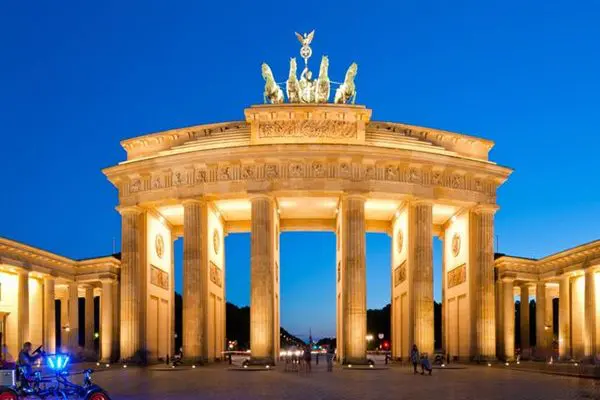 Central & Eastern Europe Tours: 60% Off
Central & Eastern Europe Tours: 60% Off 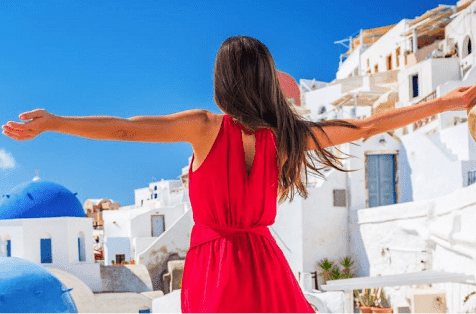 Why Travel Talk
Why Travel Talk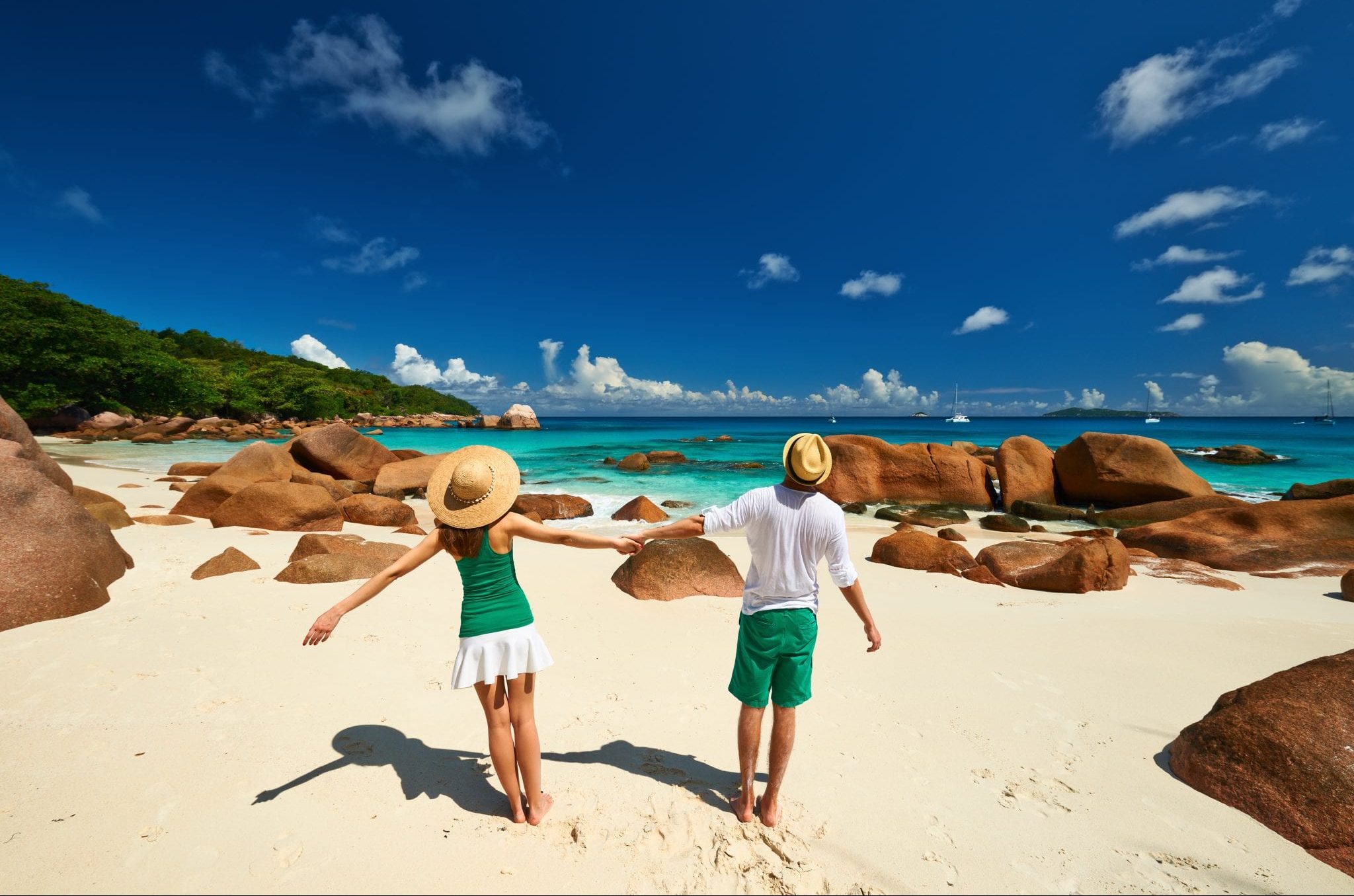 Travel Talk Blog
Travel Talk Blog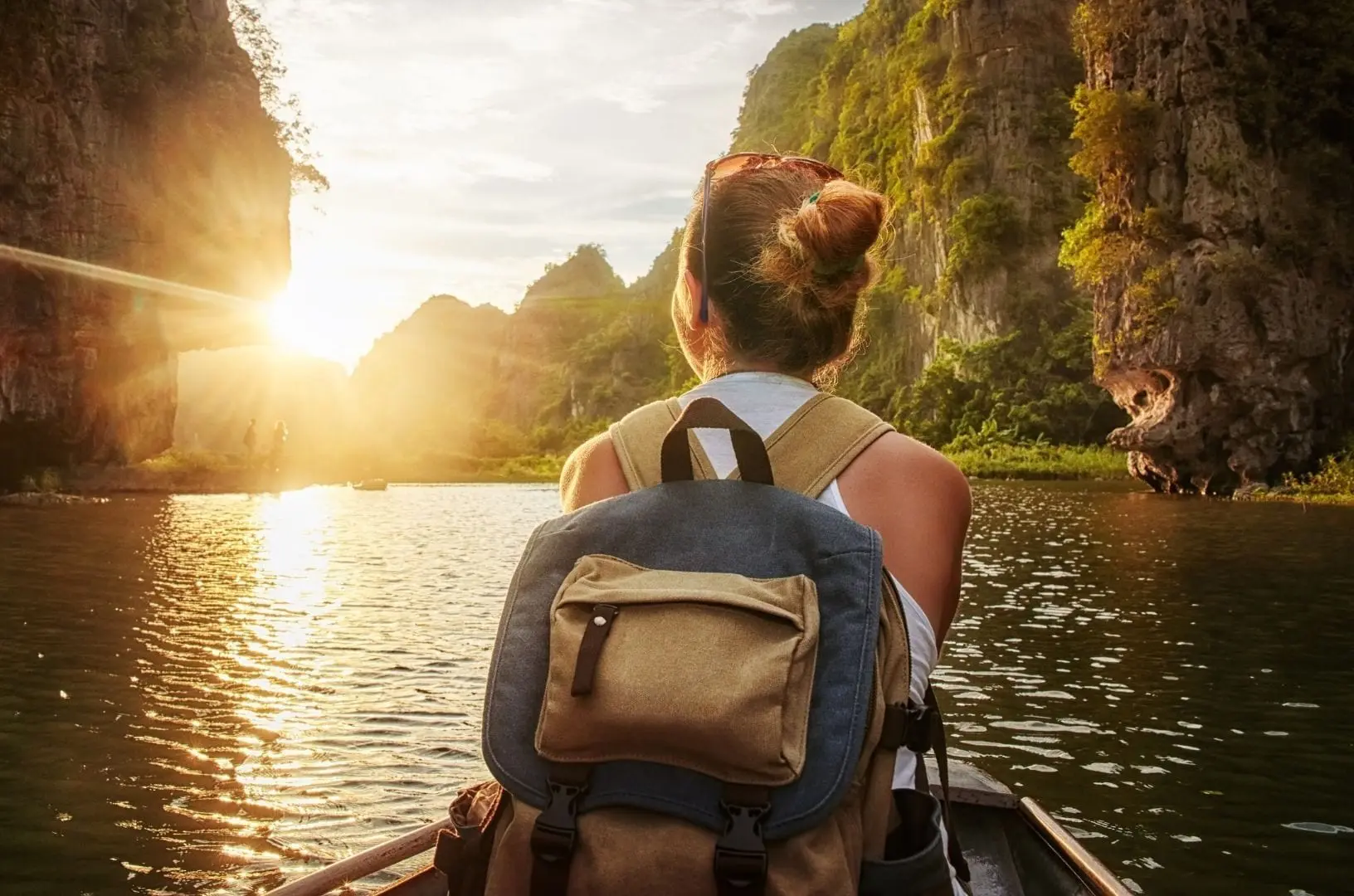 Responsible Travel
Responsible Travel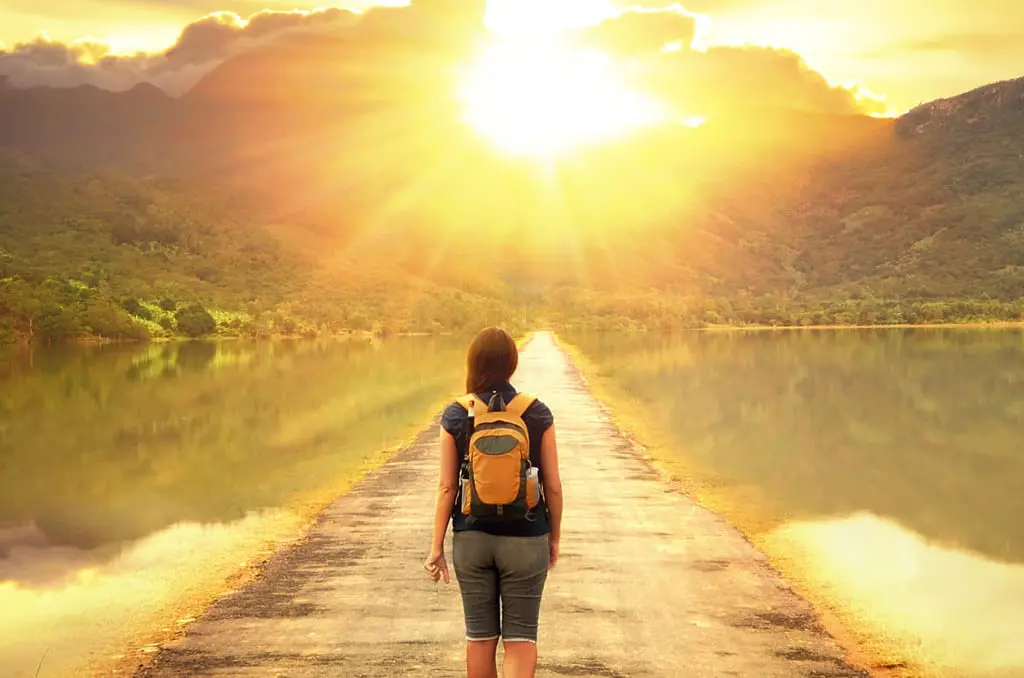 Fair Travels with Travel Talk
Fair Travels with Travel Talk